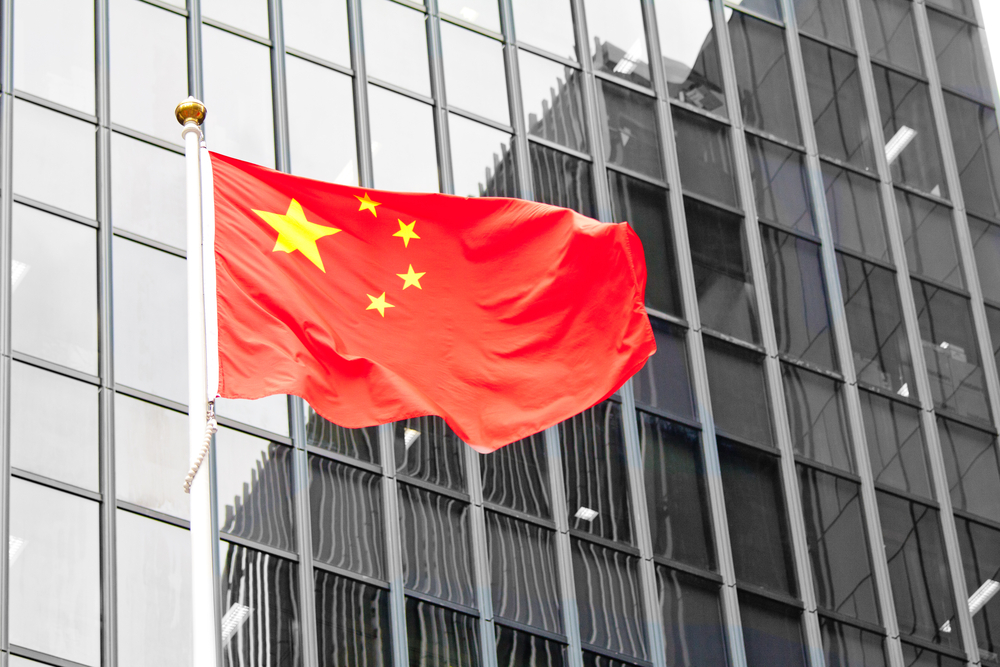

The New York Stock Exchange is to delist three Chinese telecoms companies as it moves to comply with a November US executive order.
The exchange said it would suspend trading in shares of China Mobile, China Telecom and China Unicom Hong Kong from 7 to 11 January, with the intention of delisting them as of 11 January, as mandated by the executive order.
The three companies have separate listings in Hong Kong and their shares are lightly traded on the NYSE compared to their primary Hong Kong listings.
The companies also derive the entirety of their revenues from the Chinese market and have no meaningful presence in the US aside from the market listings.
As such, the administration’s move against them is considered largely symbolic, coming as it does amidst bitter and wide-ranging trade tensions between the US and China.
The November order signed by US president Donald Trump prohibits US citizens and organisations from trading in the shares of companies designated as having ties to the Chinese military.
The order followed a list compiled by the Pentagon of Chinese companies considered to have military links.
China denied the companies had ties to its military and accused the US of “viciously slandering” the companies.
The country has threatened to respond to the administration’s moves against Chinese companies with a blacklist of US firms.
The US Federal Communications Commission in May barred China Mobile from operating in the US, and in December ordered carriers to remove equipment made by Huawei Technologies.
Huawei, the world’s largest telecoms equipment maker, has been subjected to some of the administration’s harshest trade sanctions, forcing it to spin off its Honor smartphone unit in November.
In late December the US administration added dozens of Chinese companies to a trade blacklist, including chip giant SMIC and drone maker DJI.
The move to place companies on the national security “entity list” means US companies will be required to apply for licences in order to sell goods or services to the named companies, with the US Department of Commerce saying it would presumptively deny those licences.
The latest restrictions come in the closing days of the Trump administration, with president-elect Joe Biden due to take office in January.
British retailer Marks & Spencer apologises after it struggles to recover from cyberattack this week,…
Apple to pivot manufacturing of iPhones for US away from China and to India, after…
Boom time. Amid ongoing cost cutting and potential break-up threat, Alphabet profits surge as AI…
AI pioneer OpenAI is interested if Google is forced to sell of its Chrome browser…
Several units within Google notified remote workers jobs will be in jeopardy if they don't…
Leading holders of Trump meme coin receive invitation to private gala dinner with US President,…